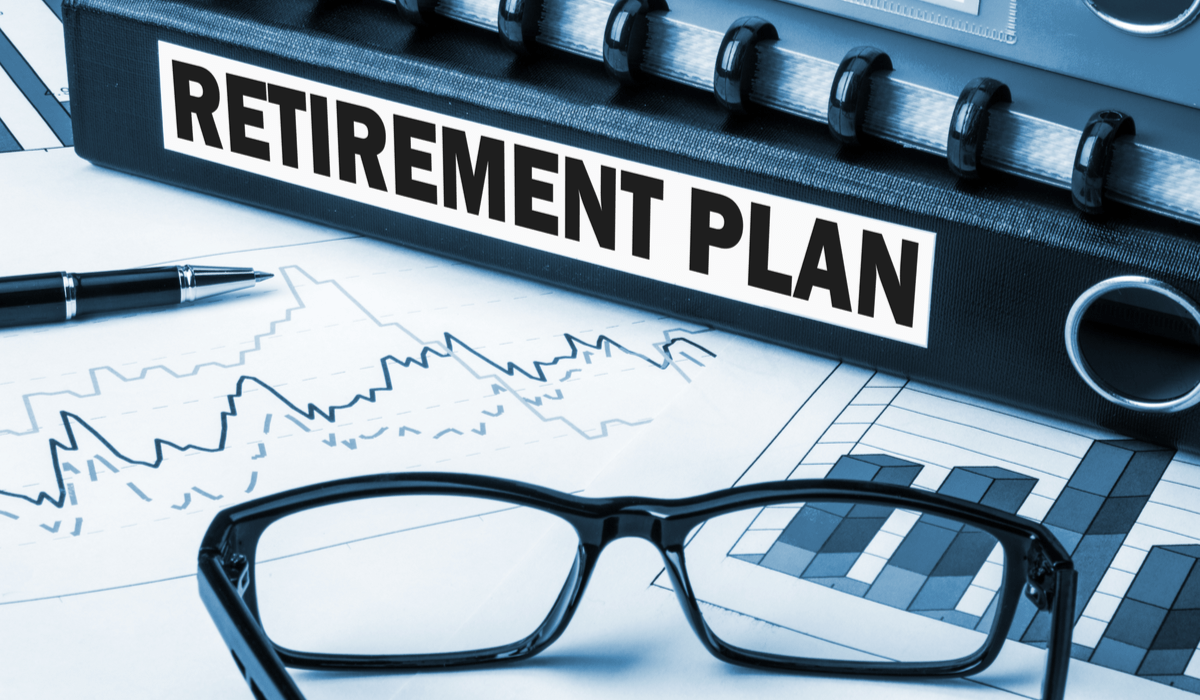5 Most Important Things Small Business Owners Should Know About Retirement Planning

If you were offered an interest-free loan for 30 years, would you take it?
Hopefully the answer is yes, since you could benefit for decades off the ‘free’ investment returns of that cash. That is essentially the deal with most retirement programs, where the government loans you the money you would have paid in taxes on your income and you do not have to pay it back until retirement (potentially at a lower tax rate).
With pensions dwindling and Social Security likely being insufficient for many, the responsibility of retirement planning is shifting to individuals. The government financially incentivizes individuals to actively save by offering tax-efficient vehicles to invest funds in and keep them there until retirement.
How does this affect small business owners, particularly in 2020? Employees at larger companies can depend on company-sponsored retirement plans and matching contributions without much planning.
Small business owners typically say they don’t have the time to prioritize optimizing their personal finances, but the reality is that personal and business financial success are typically highly intertwined for small business owners. While you may be focused on shoring up your business, it’s crucial to focus on your own finances, such as retirement planning, so that you can de-risk your financial situation, particularly during periods of market volatility.
Below are a few key steps you can take now to make sure you’re taking advantage of some of the best ways to invest your money and ensure that you and your business can be on secure financial footing for years to come.
OnDeck is here to support small businesses – check out our COVID-19 Resource Hub for more helpful information for small businesses impacted by COVID-19
Take advantage of higher retirement plan contribution limits for small business owners
If you’re self-employed, or have just a few employees, one of the advantages you have is that you’re allowed to save more in an SEP IRA or Solo 401(k) than a typical employee at a company with a 401(k) would. A Solo 401(k) is a 401(k) plan for a business owner with no employees. A SEP IRA is an individual retirement account primarily for employer contributions.
You’re able to contribute up to $57,000 into these accounts vs. the $19,000 limit for traditional employer 401(k)s. You can deduct these contributions from your income, so you’ll be lowering your income tax bill this year while making substantial investments to your retirement account. You’re not committed to contributing the full amount every year, so you can adjust your contributions as you have more room in your budget. This is a great, flexible way to set up the foundation of your retirement plan.
Claim business tax credits while supporting your employees with a 401(k)
If your small to medium business has 10 or more employees, a 401(k) may be a better fit than a SEP IRA. A 401(k) is a common employer-sponsored retirement plan that both employers and employees can contribute to, whereas a SEP IRA is an individual retirement account that is primarily used for employer contributions, and is best suited for smaller companies.
If you set up a 401(k) program for employees you can claim a tax credit, and write off 401(k) employer fees as a business expense. A 401(k) match is also a more cost-efficient way to offer a financial incentive to your employees, as your business will be paying less in payroll taxes than if you offered a traditional raise or bonus, and the employee will also receive more of the money because they won’t have to pay supplemental income tax.
Retirement plan benefits are in high demand from employees, even among younger workers. A competitive benefits package with a thoughtful employer 401(k) can help you efficiently reward your existing employees and attract new hires by standing out as a small business who invests in its employees’ financial futures.
Start contributing now: The earlier, the better
Regardless of which investment vehicle you’re using to save for retirement (IRA, SEP IRA, 401(k)), take advantage of the relatively long time horizon between now and your retirement. You will have several years or several decades to accumulate compound interest on these funds, and every year you wait is a missed opportunity for growth.
| Age you start contributing | 25 | 30 | 40 |
|---|---|---|---|
Annual contribution amount |
$3,415 |
$5,208 |
$12,534 |
Total contributed until retirement at age 65 |
$136,600 |
$182,280 |
$250,680 |
Total funds at retirement |
$1,000,000 |
$1,000,000 |
$1,000,000 |
* Calculation based on annual rate of return of 8%
Starting to save even just 5 years earlier can make a big difference: if you start setting aside funds earlier, you can actually contribute less but end up with the same amount of funds at retirement. Since many small business owners tend to work beyond the typical retirement age of 65, you’ll have more time to build up your investments, which means there’s even more to be gained by starting as early as you can. .
Choose the right vendor and setup for your funds
Most large financial institutions, such as Vanguard or Fidelity, offer both personal retirement accounts and employer-sponsored retirement plans. There are also newer companies, such as Human Interest and Vestwell, that specialize in offering employer-sponsored retirement plans for small businesses.
Be careful about costs
Two key numbers to look out for in any retirement plan fund lineup are expense ratios and investment fees. These are typically charged as percentage points. For example, 1.5% may not sound like much, but just an interest compounds, so do fees. This money is automatically deducted from your account, so you may not immediately see that you could be saving thousands of dollars by moving your assets to a low-cost index fund, or switching providers to one with lower investment fees.
Be strategic about what money goes where
Think about all of your investment accounts holistically. If you have certain retirement accounts where you can contribute with funds with taxes you’ve paid now vs. paying taxes upon the withdrawal of the funds in retirement, you may want to think about what would save you more in tax payments over time. If you have certain shorter term investment accounts, think about how much money you’d invest there (and subsequently pay taxes on in the near future) vs. what to keep in your longer term, tax-deferred retirement accounts. Strategically putting the same total amount of money in a slightly different allocation across accounts could save you significantly on your tax bill.
Adapt your strategy from year to year
In 2020, if your income took a hit due to COVID-19, and you find yourself in a lower tax bracket, you may want to consider rolling your Traditional or SEP IRA into a Roth IRA and taking advantage of its lower income limits (Modified Adjusted Gross Income must be $124,000 or less for single filers).
If you have a 401(k), check to see if your provider offers a Roth 401(k) option. With both the Roth IRA and the Roth 401(k), you’re able to contribute post-tax income, and when you ultimately start taking withdrawals when you retire, the growth and proceeds are tax free. This only makes sense if you think your tax rate in a given year is likely to be lower than when you retire, so this is a good practice for low income years, whether temporarily so, as in 2020, or if you’re early on in your career.
For years where you hire more employees, or income is particularly high, you can also adjust your strategy by moving from a SEP IRA to a 401(k), offering a match, or contributing the maximum if you weren’t able to do so before.
Retirement planning is a multi-year process, so it can adapt to the changing needs of your personal and business finances. Some initial setup and due diligence can be well worth it to make sure you’re on track to continue making healthy investments in your financial future.
Learn more about retirement planning for small business owners at Harness Wealth, which combines innovative technology and human expertise to help clients effectively unlock financial opportunity.
*This article has been prepared for informational purposes only, and is not intended to provide, and should not be relied on for health, tax, legal or accounting advice. You should consult your own health professionals or tax, legal and accounting advisors before implementing any business changes.
Find the right funding for your business.
Term loans up to $250K. Lines of credit up to $100K.
No obligations and no hard credit pulls.




